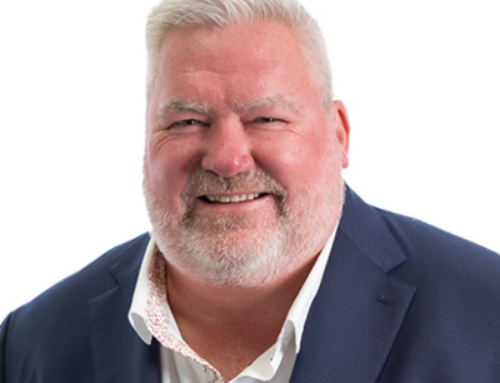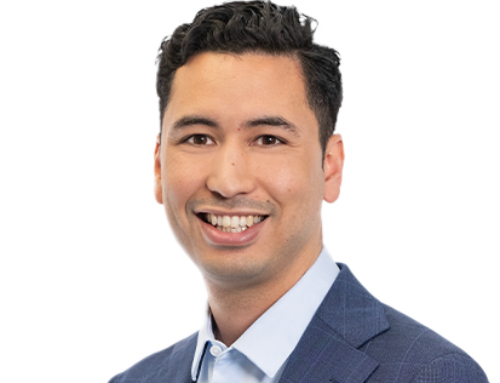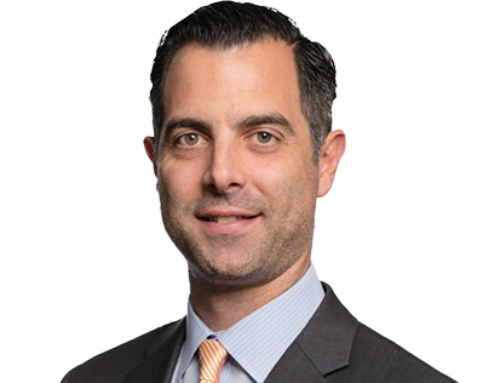Tell us why you chose engineering?
I loved maths and science at school and, while I wasn’t entirely sure where engineering would lead me, I knew that if I continued with subjects I loved, it would lead me to a profession I’d enjoy.
What sectors and disciplines have you worked in, and where do you specialise now?
Before joining NDY, I spent a year as an intern at Holden in their advanced engineering department focusing on crashworthiness. It was an exciting year and I really enjoyed the engineering work they offered. However, when I finished university I wanted to try a different field in engineering, so I applied to NDY.
I started my career at NDY in fire engineering, before moving then into mechanical, sustainability and finally asset performance where I’ve been for the past 7 years.
Who are the people or mentors that have helped you along the way?
So many of the people at NDY have taught and influenced me, two in particular:
- Sam Aloi for giving me a job at NDY, introducing me to building services and specifically fire engineering, and teaching me the fundamentals of consulting.
- James Henshaw for pushing me into project leading and teaching me how to deal with clients and managing a team.
How have you managed starting and raising a family during your career?
With lots of support! I came back to NDY after having my first child and had the support of NDY to work in a group that would be more aligned to part-time work, as I was only working two days a week at that stage.
Since then, NDY has supported me by allowing me to work in a way that suits my family situation, using every element of the NDY Flex Policy – part time hours, working from home and extra annual leave.
What’s the trickiest problem you’ve solved?
The trickiest problem I have is balancing the pressures of work and family life. This problem will never be solved but it’s at the front of my mind each day, each week and each year as the goal posts constantly move with kids growing up and my changing role at work.
What’s an engineering myth you’d like to debunk?
That all engineers are socially awkward nerds!
What do you do outside of work that helps fuel your creativity and commitment to engineering?
Outside work I primarily look after my family. I have 3 young kids so life is pretty busy. I also love exercising to keep me sane, and spending time with my friends, to also keep me sane!
What’s the biggest thing you’ve learned at NDY?
How important it is to be working in a great team. When I look back at my career and reflect on my favourite parts, it’s always the great people I worked with and the sense of camaraderie that comes with working hard and working together.
What professional relationships do you value the most?
The easy-going nature and approachability of our leaders at NDY.
When I was a graduate at NDY, our CEO at the time Ian Hopkins always made time to get to know everyone in the business, always stopped for a chat and asked how we were. As a new starter to the company and to the industry, that made a huge impact in developing my sense of belonging. And still today that culture continues at NDY.
In fact, NDY really is unique in that it is a big firm and it provides a variety of different streams, locations and areas to work across, but it’s small enough that you really know the leaders and they know you.
What does Making Spaces Work mean to you?
Creating an environment that people want to be in, that brings the best out in them and their team.
In this post-COVID era, spaces have needed to adapt and that focus is shifting more towards teams, collaboration and flexibility.
What one thing do you think would have the biggest impact in getting more women into engineering?
Our post-COVID working environment has made flexibility in the workplace normal and that’s a huge step in attracting women. I used to sneak out of the office at 3 pm to collect my kids from school and, while NDY was totally on board with my flexible hours, I always had a sense of guilt leaving the office so early.
The other important initiative is educating girls at school and then university about what engineering is and the diverse paths it can take you. Girls and women need to be reassured that engineering is not blokey – it’s not all about working on-site with big machines and oil rigs, and you don’t need to be a maths wizard.










